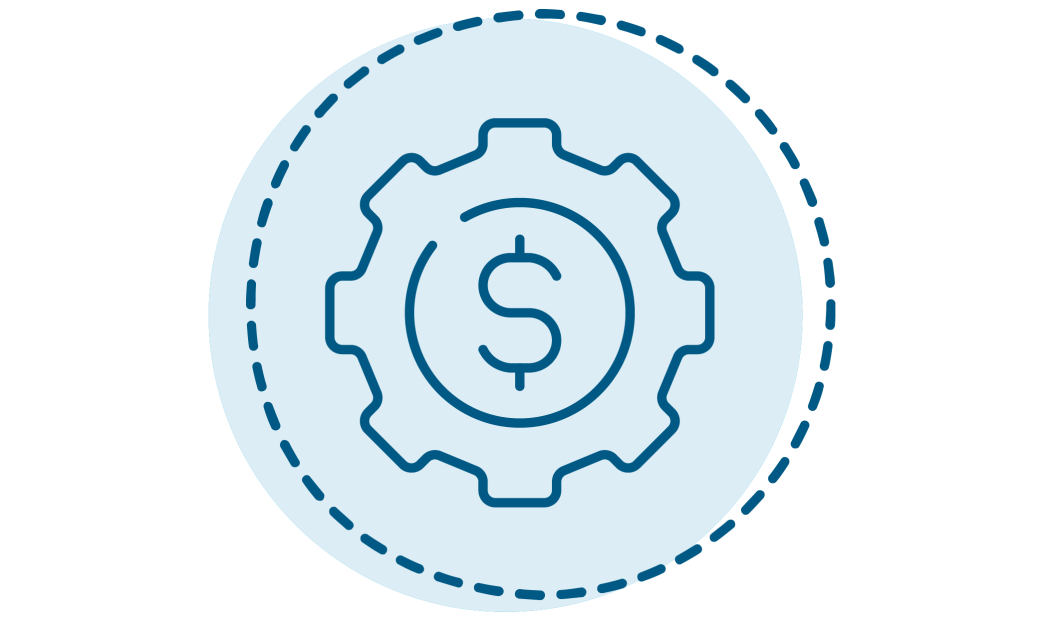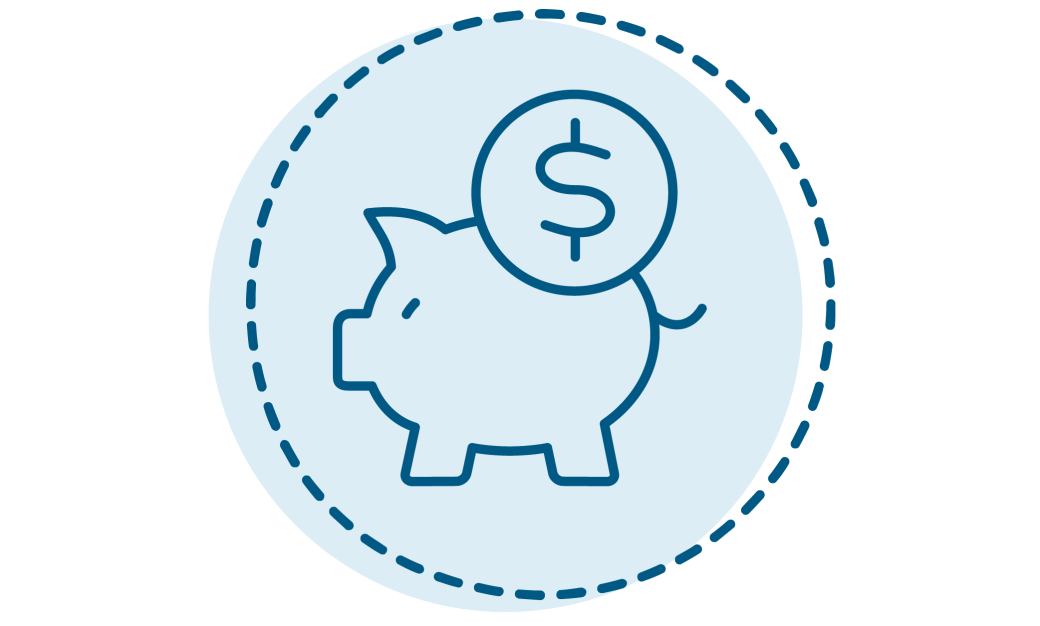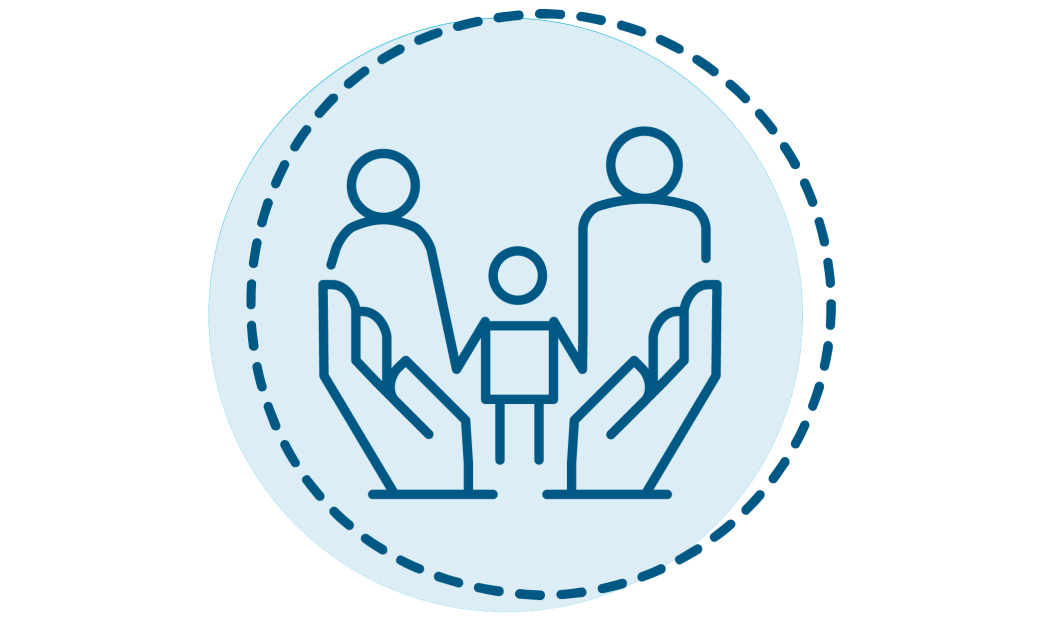Overview
In November 2021, Alberta and Canada signed an agreement to increase accessible, affordable and high-quality child care in Alberta, giving families the choice they need. In addition to the Canada-Alberta Canada-Wide Early Learning and Child Care Agreement, Alberta and Canada have signed agreements to further support child care in Alberta including the Canada-Alberta Early Learning and Child Care Agreement in June 2021 and the Early Learning and Child Care Infrastructure Funding Agreement in March 2024.
Key features of the plan
-
 Investing in child care
Investing in child careAlberta has developed a 3-year action plan for early learning and child care, outlining how Alberta will achieve its renewed vision for child care in Alberta. Through the Canada-Wide agreement, approximately $3.8 billion will be invested in child care for children from birth to kindergarten age (in kindergarten and also attending child care during regular school hours). Key features of this investment are:
- $3.16 billion to reduce out-of-pocket parent fees
- $185 million to support the creation of up to 68,700 licensed child care spaces by 2026
- $152 million to increase access to equitable and inclusive child care spaces
- $506 million to support certified educators in licensed child care programs offering high-quality support for families in their communities
-
 Improving affordability
Improving affordabilitySustained affordable child care supports families and ultimately Alberta’s economic prosperity. Alberta is working to reduce out-of-pocket parent fees for full-time licensed early learning and child care spaces for children from birth to kindergarten age. Over the course of the 5-year agreement, for families with children up to kindergarten age, we will:
- reduce licensed child care parent fees by an average of 50% (completed 2022)
- lower average licensed child care parent fees to $15 per day (completed early 2024)
- lower average licensed child care parent fees to $10 per day (by end of March 2026)
-
 Expanding child care accessibility
Expanding child care accessibilityFamilies have options for quality early learning and child care where and when they need it. Alberta will support the creation of up to 68,700 licensed child care spaces by March 2026 in non-profit (including facility-based and family day homes) and private facility-based programs.
To ensure families can choose the child care that works best for them, we will:
- support licensed child care programs – preschools, daycares and family day homes under a licensed agency
- support licensed programs offering flexibility for families requiring overnight child care
- implement a variety of initiatives to increase the number of licensed child care spaces, creating up to 68,700 new spaces by March 2026 (at least 42,500 non-profit and up to 26,200 for-profit).
- November 2021: 103,000 licensed spaces for children up to kindergarten age
- September 2024: 134,400 spaces
- Progress: 30% increase
-
 Supporting high-quality child care
Supporting high-quality child careEarly childhood educators deliver high-quality early learning and child care programs that support children’s well-being and developmental needs.
Quality care starts with well-trained, dedicated educators. Alberta values the early childhood education profession and we will:
- increase access to the profession by increasing enrolment capacity for the free level 1 child-care orientation from 4,000 to 10,000 spaces (completed)
- support professional development, training and improved certification levels for our early childhood educator workforce
- continue wage top-ups for early childhood educators – among the highest in Canada
- continue to build accessibility for children of all abilities and backgrounds
- increase the number of qualified early childhood educators employed in licensed child care programs:
- November 2021: 18,100 ECEs
- September 2024: 29,000 ECEs
- Progress: 60% increase
Read more on child care supports for inclusion
Changes as of April 1, 2025
As part of the $3.8-billion Canada-Alberta Canada-Wide Early Learning and Child Care Agreement, Alberta is supporting families to access affordable child care, no matter where they live or which provider they choose. As of April 1, 2025, parents with children up to kindergarten age attending full-time licensed daycare facilities and family day home programs across the province are eligible for a flat parent fee of $326.25 per month. Parents requiring part-time care pay $230 per month. As opposed to a flat monthly parent fee, parents with children in preschools instead have a reduction of up to $100 off their preschool program’s stated monthly child care fees.
For more information on funding, supports and services for Alberta parents and families, please visit the Child care landing page.
Cost Control Framework and For-Profit Expansion Plan
As part of the Canada-Alberta Canada-wide Early Learning and Child Care Agreement, the Cost Control Framework and For-Profit Expansion Plan supports the growth of affordable child care spaces in licensed programs while ensuring the sound and reasonable use of public funds by all licensed child care providers.
News
- Introducing flat $15 per day child care for families (January 2025)
- Expanding affordable child care for Alberta families (October 10, 2023)
- More options for affordable, accessible child-care spaces (January 31, 2023)
- $50M now available to create child-care spaces (July 7, 2022)
- New transition funding for child-care operators (December 22, 2021)
- Making child care more affordable for families (November 26, 2021)
- Alberta and Canada sign child-care agreement (November 15, 2021)